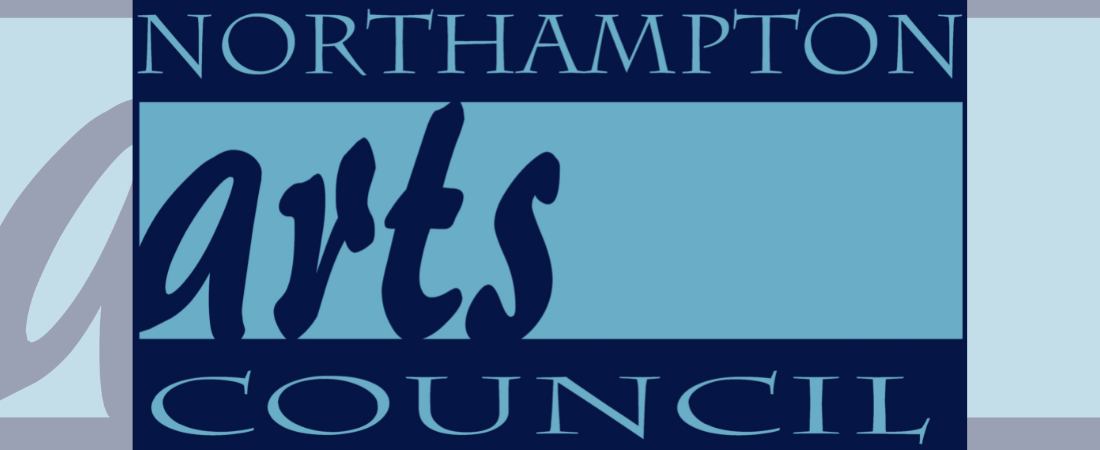The National Coalition Against Censorship has called on the Northampton Arts Council to support artistic freedom and stand by its artists after the organization cancelled this year’s Northampton visual art and poetry Biennial partially because a local Indigenous artist objected to one of the works in the show. NCAC has sent a letter to Arts Council leadership reminding them of their responsibility to artistic freedom and asking that they ensure it is protected going forward.
On September 28, 2021, the Northampton Arts Council voted to cancel this year’s show after Jason Montgomery, a local Indigenous artist, objected to a work selected for the show and to what he felt was an insufficiently inclusive selection of works. Rather than standing by the decisions of a qualified and diverse jury and supporting the many local artists who had prepared work for the Biennial, the Council decided to cancel the entire event, erasing the voices of the 60 artists and poets whose work was selected.
If the main impetus to cancel the event was to remove from view a piece because it is offensive to one or several individuals, the Arts Council would be in violation of its responsibilities under the Constitution. As a government agency, the Arts Council cannot discriminate against viewpoints, no matter how disagreeable it finds them.
The three-person jury who selected the works included two women of color and the selections were made without accompanying background information on the submitting artists. Montgomery’s work has been featured in a previous Biennial, but work that he submitted for the show this year was not selected.
No process of art selection is perfect. The process used by the Northampton Biennial could have involved more outreach to various groups, including Indigenous groups. The selection committee could have been more diverse. These shortcomings need to be addressed. But none of them, either individually or taken together, justify the cancellation of an already-curated Biennial and the impact it had on participating artists.
The Arts Council has taken an impermissible position in condemning a particular work because of disagreement with its viewpoint. The piece, which depicts the Mayflower and a number of ghostly figures, is meant to refer to the history of violence towards Indigenous people. Whether it succeeds in conveying its message and whether white artists can refer to the violence perpetrated upon people of color can both be debated. However, this debate should not affect the decision made by the Arts Council. As government agency, the Arts Council may not suppress an artistic work because of its viewpoint.
In the current political climate and reckoning over historically-entrenched systems of inequity, art institutions face increasing difficulties. But art institutions, even as they seek equity and inclusion, need to allow for open exploration of ideas, for experimentation, even for mistakes. Equity and inclusion will not be accomplished through censorship.
Read the full letter to the Arts Council below. Click here for a full screen view:


